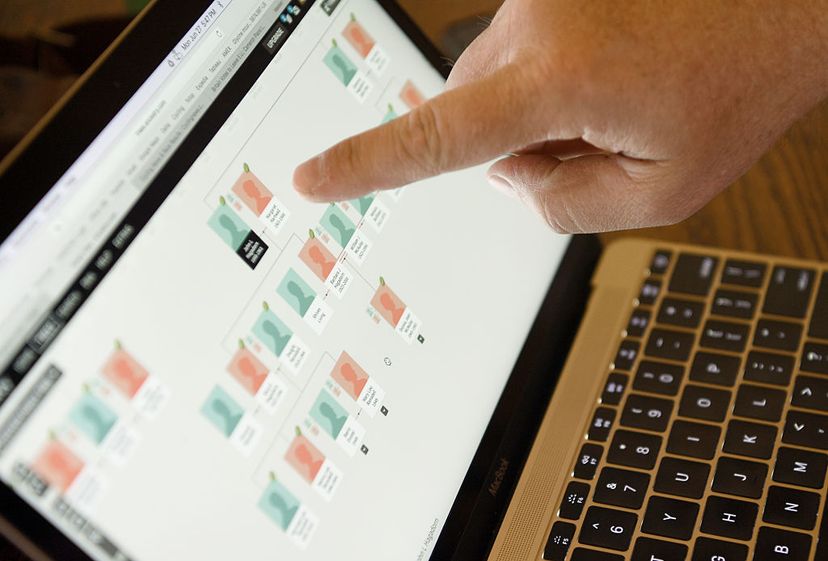
Let's be honest, no one reads the "terms and conditions" and privacy policies when signing up for an online service. A few years ago, researchers from Carnegie Mellon University calculated that it would take an average internet user 76 work days to read all of the privacy policies we encounter in a year. Instead, we click "accept" and move on with our lives.
But there's one privacy policy that you might want to read in full: online DNA testing services.
Advertisement
These online DNA testing services take a swab of your saliva, extract your DNA, and analyze it for hundreds of thousands of genetic markers. They use the data to produce an "ethnicity estimate," which identifies your probable ethnic ancestry (47 percent Irish, 24 percent Pacific Islander, 8 percent Eastern European, etc.). With some services, you also get a list of "genetic matches" with other people in the DNA database who may be close or distant relatives.
Recently, a consumer protection lawyer from New York sparked a controversy when he claimed that the genealogy site Ancestry.com, which offers a $99 DNA testing service called AncestryDNA, "takes ownership of your DNA forever" and could divulge highly personal health information to third parties.
Ancestry responded with a full-throated denial of the accusations, insisting that test-takers retain full ownership of their DNA and can withdraw their information from the Ancestry.com database at any time. They can even petition to have their original spit samples destroyed.
Eric Heath, chief privacy officer at Ancestry, wrote in a blog post that Ancestry's newly updated terms and conditions make it clear that when participants sign up for the DNA testing service, they are merely "licensing" their DNA data to Ancestry for analysis purposes. Ancestry doesn't share or sell your DNA information to insurance companies, employers or marketers, and participants can delete their data any time.
Heath admits that he "[doesn't] like the legal language" surrounding Ancestry's licensing of DNA data to develop its products and services, because "it can be confusing and seem overly broad." He's probably talking about this clause of the terms of conditions:
"By submitting DNA to AncestryDNA, you grant AncestryDNA and the Ancestry Group Companies a royalty-free, worldwide, sublicensable, transferable license to host, transfer, process, analyze, distribute, and communicate your Genetic Information for the purposes of providing you products and services, conducting Ancestry's research and product development, enhancing Ancestry's user experience, and making and offering personalized products and services."

Part of the controversy and confusion over Ancestry's DNA privacy policies is that there are actually two separate agreements that you're asked to accept (or not) when signing up for the AncestryDNA service. The regular terms and conditions cover in-house use of your DNA data, which you have to accept to use the service. The second allows you to "opt in" to participate in third-party research. This is where some privacy hawks get nervous.
Advertisement


